Poker is more than just a game of chance; it’s a complex dance of intellect, strategy, and psychology. Many players are drawn to the allure of poker, seeking to transform an evening pastime into a serious pursuit. “Winning Hands: Proven Poker Strategies That Work” delves into the techniques and insights that separate amateur players from seasoned professionals. This article explores the underpinnings of effective poker strategies and the nuanced skillset required for success at the poker table.
Mastering the Game: Key Poker Strategies Unveiled
The foundation of successful poker play rests on a deep understanding of the game’s fundamentals. Mastery begins with selecting the right starting hands, a critical decision that can determine the trajectory of the game. Expert players know that not all hands are created equal, and they meticulously analyze their initial cards, the position they are in, and the tendencies of their opponents. This analytical approach allows them to make informed decisions and reduces the amount of luck involved in their outcomes.
Another cornerstone strategy is the ability to read opponents. This skill goes beyond merely observing physical tells. It involves a comprehensive analysis of betting patterns, reaction times, and behavioral changes that may indicate the strength or weakness of an opponent’s hand. Mastering this art requires not only keen observation but also a psychological acumen to predict what opponents might do next, allowing skilled players to gain an edge over their competition.
Positioning at the table is a less conspicuous yet vital strategy that professional players exploit to their advantage. Understanding the concept of position—whether you are playing early, middle, or late—greatly influences decision-making. Players in a late position have the advantage of observing their opponents’ actions before they make their own move, allowing for more strategic and informed decisions. Those who master positioning can control the flow of the game and exert influence over their adversaries, turning the odds in their favor.
From Bluffing to Timing: Insights for Poker Success
Bluffing is one of the most evocative strategies in poker, often romanticized in popular culture. However, effective bluffing is rooted in timing and psychology rather than bravado. Experienced players understand that bluffing is not about deception for the sake of it but about crafting a believable narrative that convinces opponents to fold stronger hands. A successful bluff requires assessing the table dynamics and choosing the right moment to strike, making it a powerful tool in the arsenal of a savvy poker player.
Timing in poker goes beyond bluffing; it extends to making calculated bets and raises. Knowing when to be aggressive and when to exercise caution can significantly impact a player’s chip stack. Expert players are adept at identifying opportune moments to push their advantage, often leveraging their chip lead to pressure opponents into making costly mistakes. This strategic timing is especially crucial in tournament play, where the stakes and tension are high, and every decision can be the difference between victory and elimination.
Finally, the psychological aspect of poker cannot be overstated. The mental endurance required to maintain focus and composure across long sessions is a testament to a player’s resilience. Players who excel in poker often employ mental strategies to stay sharp, manage stress, and avoid the pitfalls of tilt—a state of emotional frustration that can lead to irrational gameplay. By mastering their own emotions and understanding those of their opponents, successful players can maintain a psychological edge that often proves decisive.
Poker is a game where skill meets chance, and success hinges on a blend of strategy, psychology, and discipline. “Winning Hands: Proven Poker Strategies That Work” illuminates the path to poker prowess, offering insights and tactics that can transform a novice into a formidable opponent. Whether it’s through mastering the fundamentals, understanding the intricacies of bluffing and timing, or harnessing psychological resilience, players who embrace these strategies will find themselves better equipped to navigate the complexities of the poker table and emerge victorious.



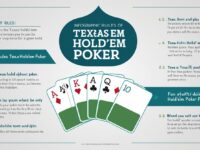

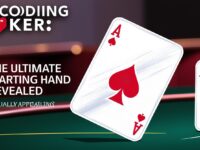


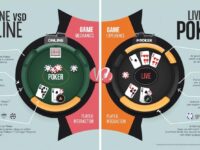


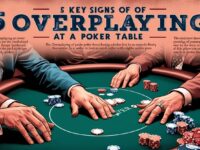
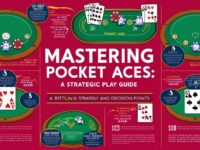






0 Comments